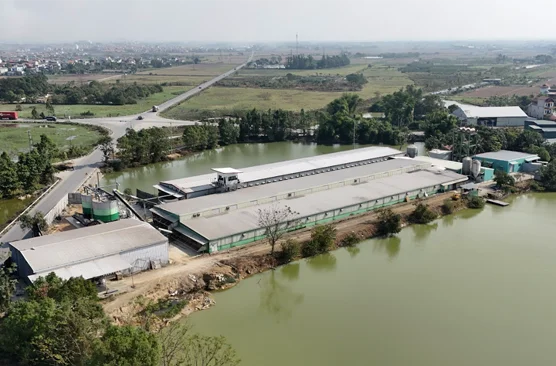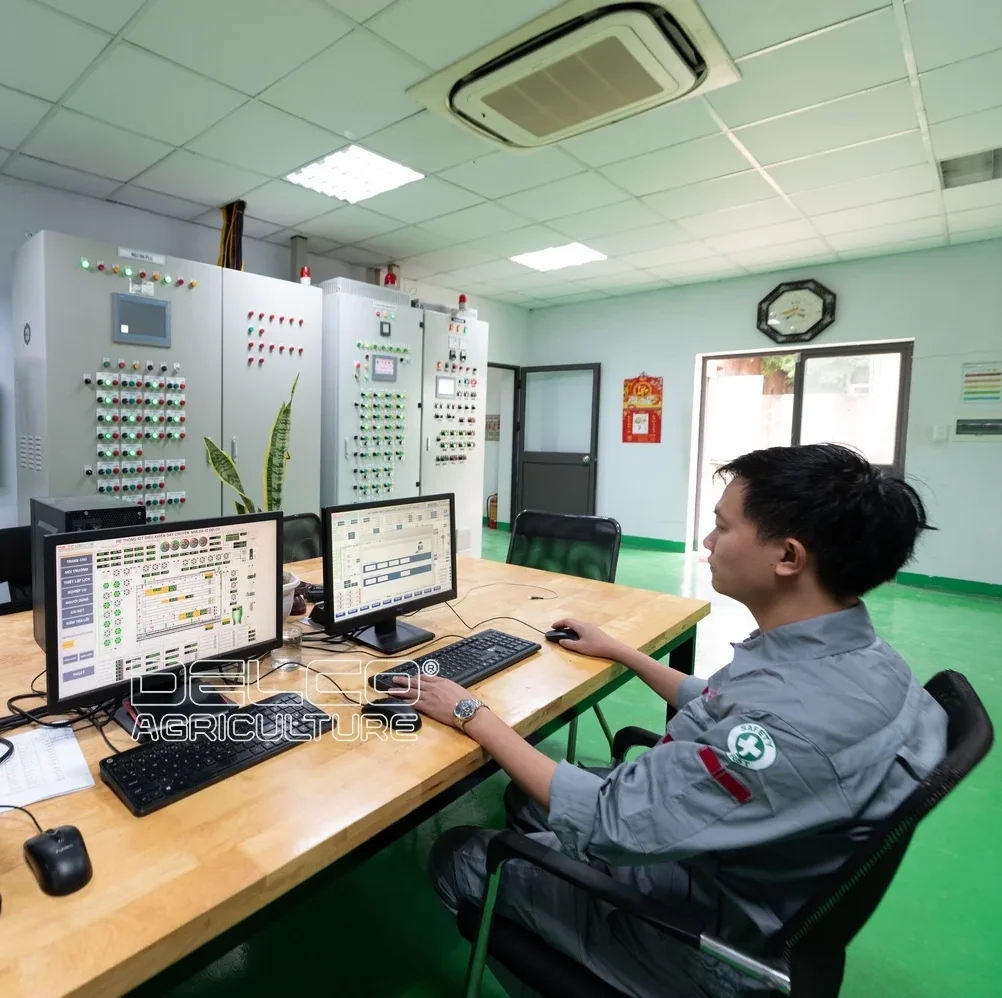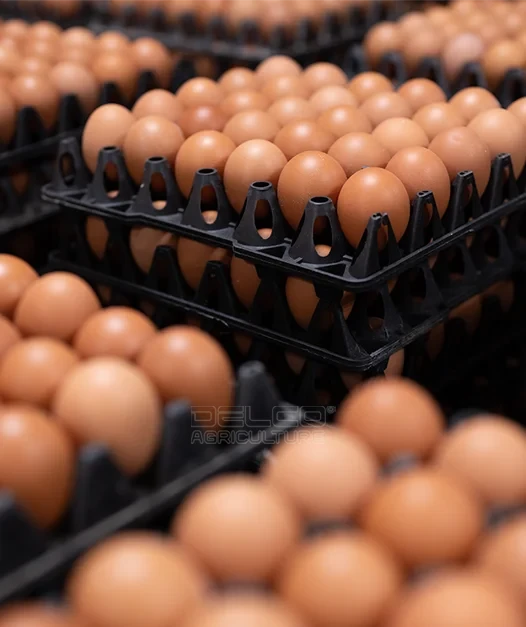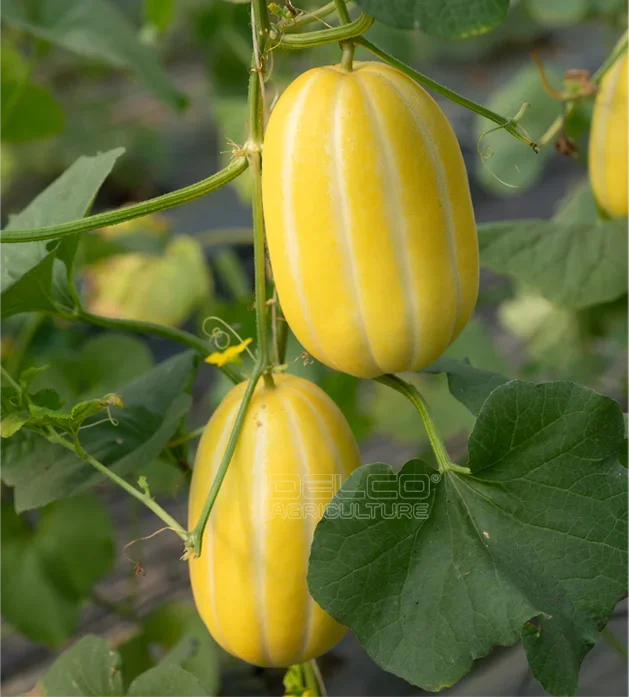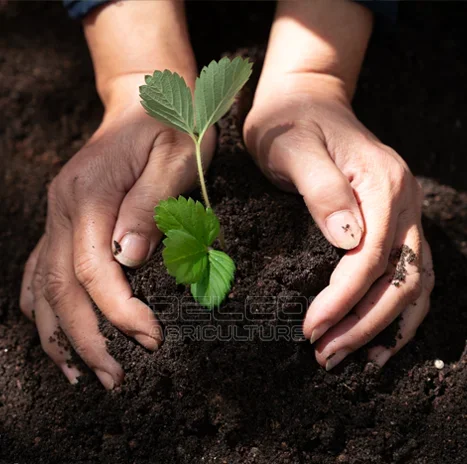Soil is the key factor that determines how well crops grow. When the soil is healthy, plants can develop properly, which leads to higher yields and better-quality harvests. However, if soil rehabilitation is done incorrectly, it can reduce soil fertility, harm crops, and even negatively impact the surrounding environment.
Overusing chemical fertilizers
Vietnam uses about 11 million tons of chemical fertilizers every year, but only 45–50% of it is actually absorbed by plants. The rest is wasted, leading to compacted and acidic soils, which over time lose their natural regenerative capacity and contribute to water pollution. Over-reliance on fertilizers like NPK or urea not only increases farming costs but also poses health risks to both growers and consumers.
Microbial products offer a natural solution by reducing the need for chemical fertilizers. Nitrogen-fixing bacteria like Rhizobium convert nitrogen from the air into a form that plants can use, lowering the demand for synthetic nitrogen inputs. Similarly, phosphate-solubilizing microbes help unlock phosphorus in the soil, making it easier for plants to absorb and gradually restoring soil fertility without causing environmental harm.

Misusing chemical fertilizers can lead to toxin buildup in plants
Applying fertilizers without understanding the soil – wasteful and harmful to crops
Fertilizing without testing the soil is a common mistake that often leads to using the wrong type or the wrong dosage.
For example, if the soil already has excess nitrogen but NPK is still applied, the plant will only develop leaves without producing flowers or fruit. Meanwhile, if the soil lacks phosphorus and it is not supplemented in time, the plant may grow in an unbalanced way.
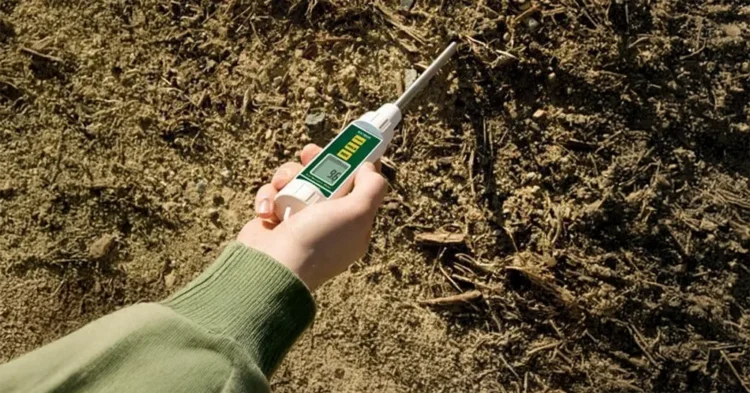
Chemical fertilizers, if not used properly, will cause nutrient imbalance in the soil. The plants cannot fully absorb them, resulting in waste and pollution. On the other hand, microbial composts containing microorganisms such as Bacillus and Lactobacillus decompose slowly, supplying natural nutrients and helping the soil adjust gradually to the plant’s needs.
Fertilizing at the wrong time wastes effort and damages the soil

Bougainvillea plants may grow lush foliage after being fertilized with nitrogen but fail to produce flowers.
Applying fertilizers during the rainy season or when plants don’t yet need nutrients often leads to nutrients being washed away, causing waste and water pollution. Worse, it can disrupt the nutrient balance in the soil.
In contrast, microbial compost releases nutrients gradually through the activity of beneficial microorganisms. For example, Azotobacter helps decompose organic matter slowly and continuously, allowing plants to absorb nutrients steadily throughout each growth stage. As a result, growers can save effort while still ensuring effective cultivation.
Ignoring soil-borne pests and diseases
Many harmful fungi and bacteria—such as Fusarium—can silently persist in the soil and threaten crops if not properly managed. Focusing solely on fertilization while overlooking soil pathogens can weaken plants and reduce yields.
Microbial products offer a natural method of control. Antagonistic microorganisms like Trichoderma can suppress fungal pathogens and protect the root system. When compost is properly fermented, it helps eliminate pathogens and enhances plant resistance.

Stem borers damaged rice crops in Binh Thuan
Overusing pesticides and herbicides disrupts soil balance
Overusing pesticides and herbicides can kill off beneficial microorganisms in the soil, weakening its natural ability to recover and control pests. As a result, farmers become increasingly dependent on chemicals, leading to higher costs and greater environmental risks.
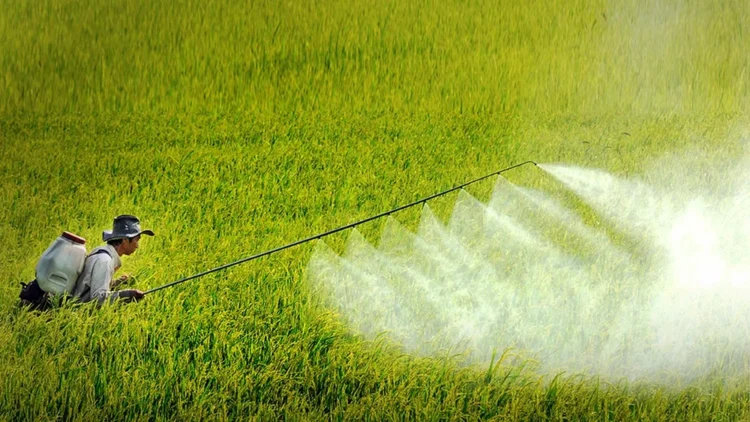
Using microbial products helps restore and maintain the soil’s ecological balance. Antagonistic microbes like Trichoderma not only suppress harmful fungi but also boost the plant’s natural resistance, reducing the need for chemical pesticides, cutting costs, and protecting user health.
Using microbial products not only helps farmers improve soil effectively, but also opens a sustainable path for modern agriculture: cost-saving, environmentally friendly, and ensuring long-term crop quality.
See more: DELCO completes installation of smart compost production line

